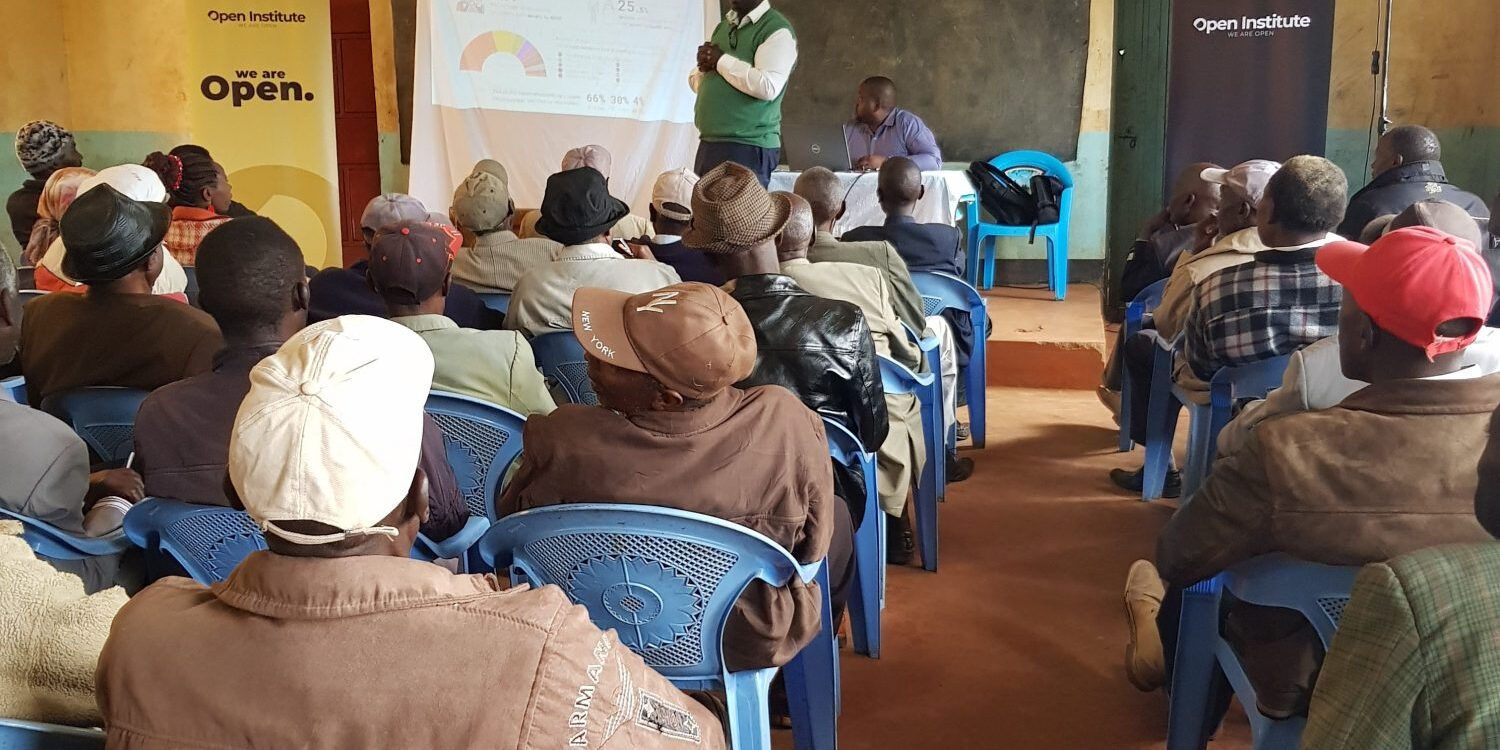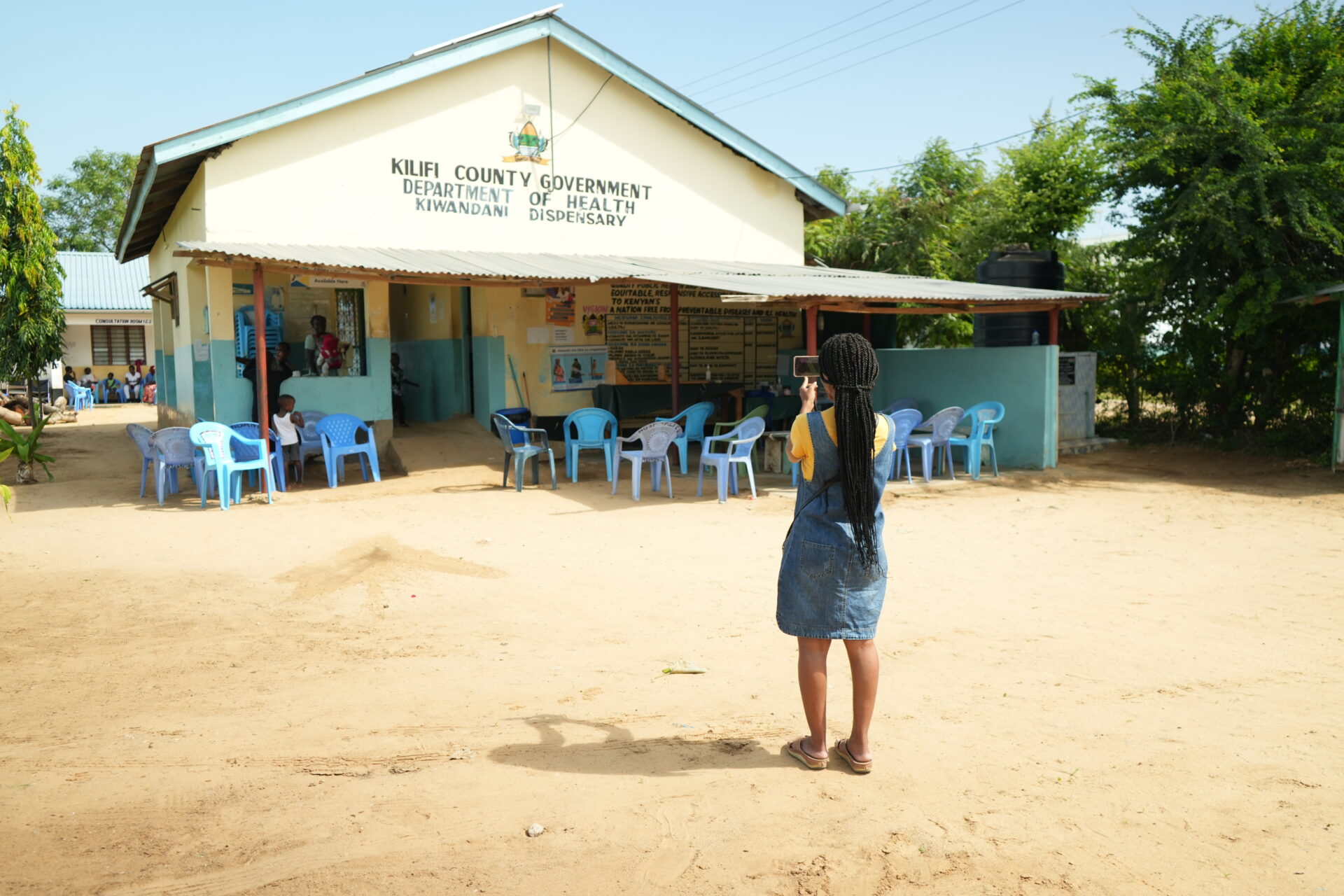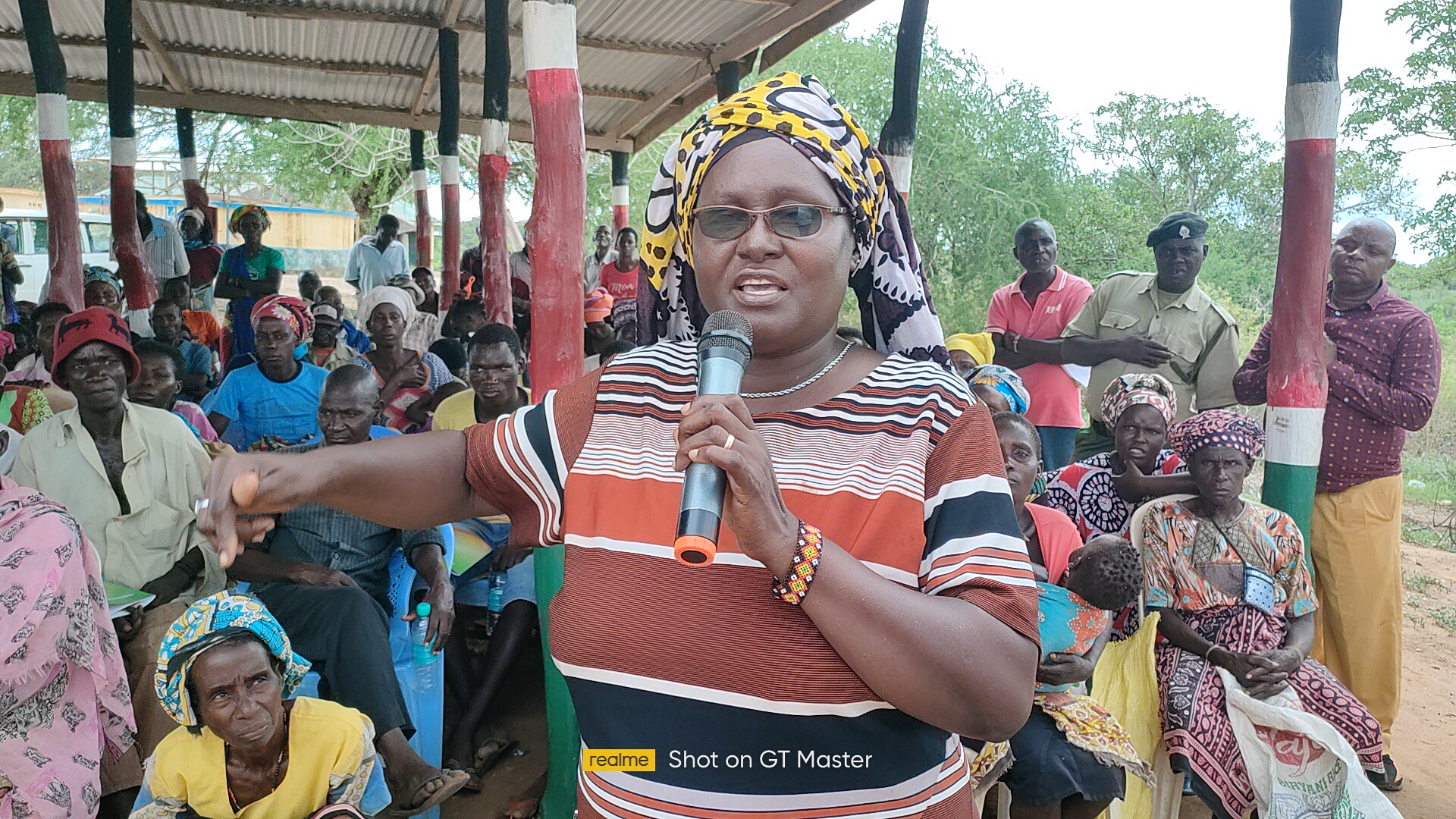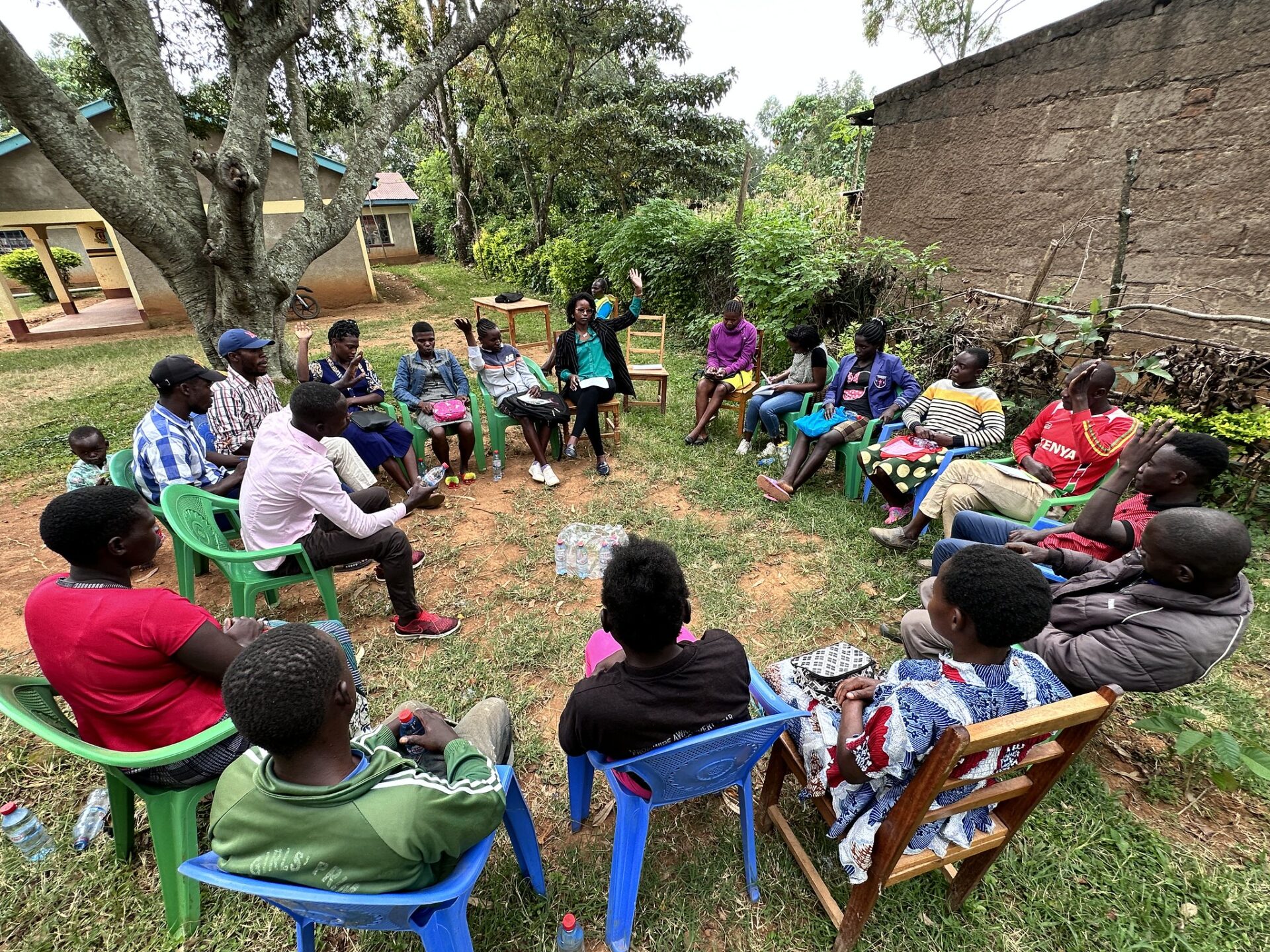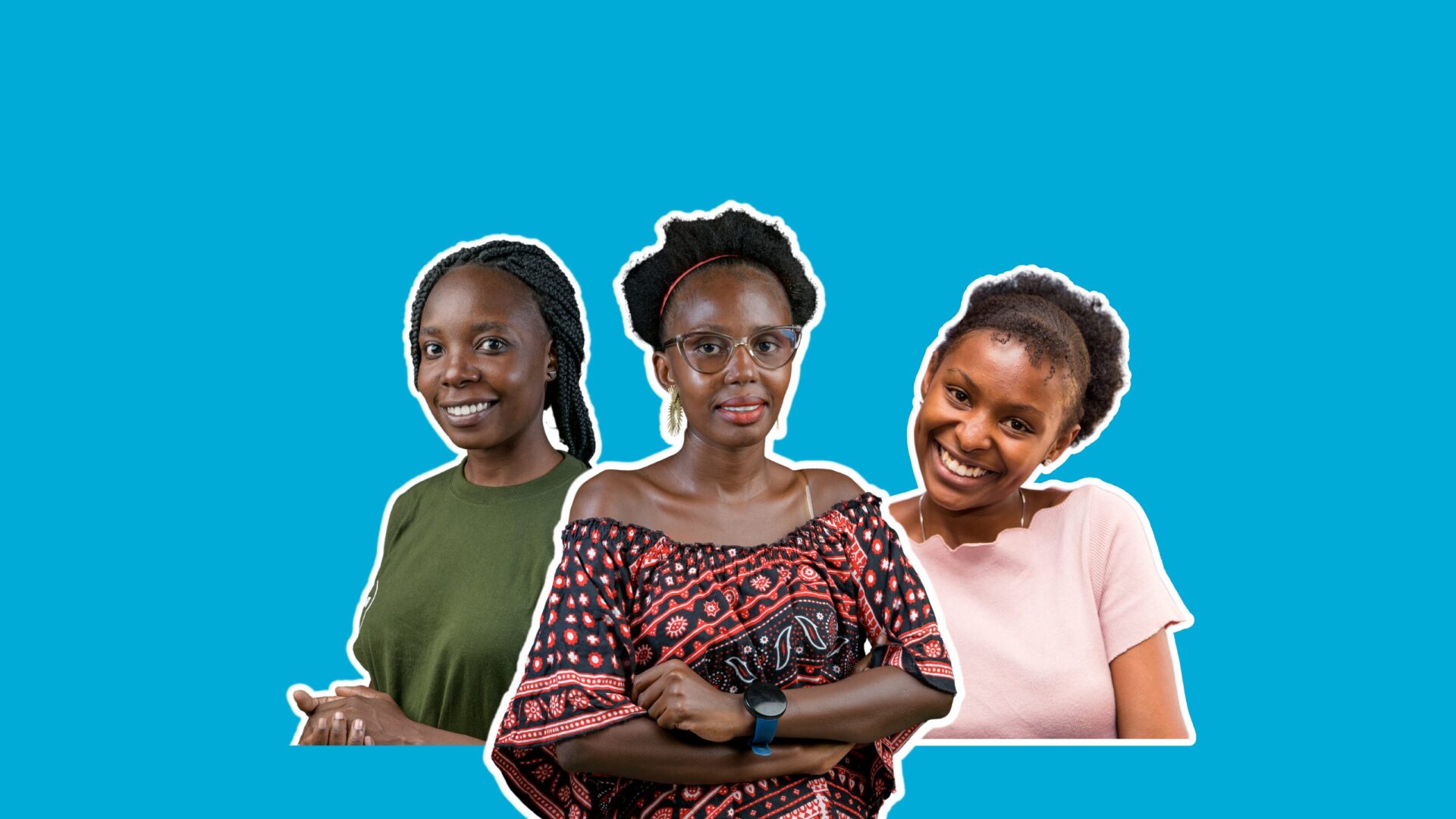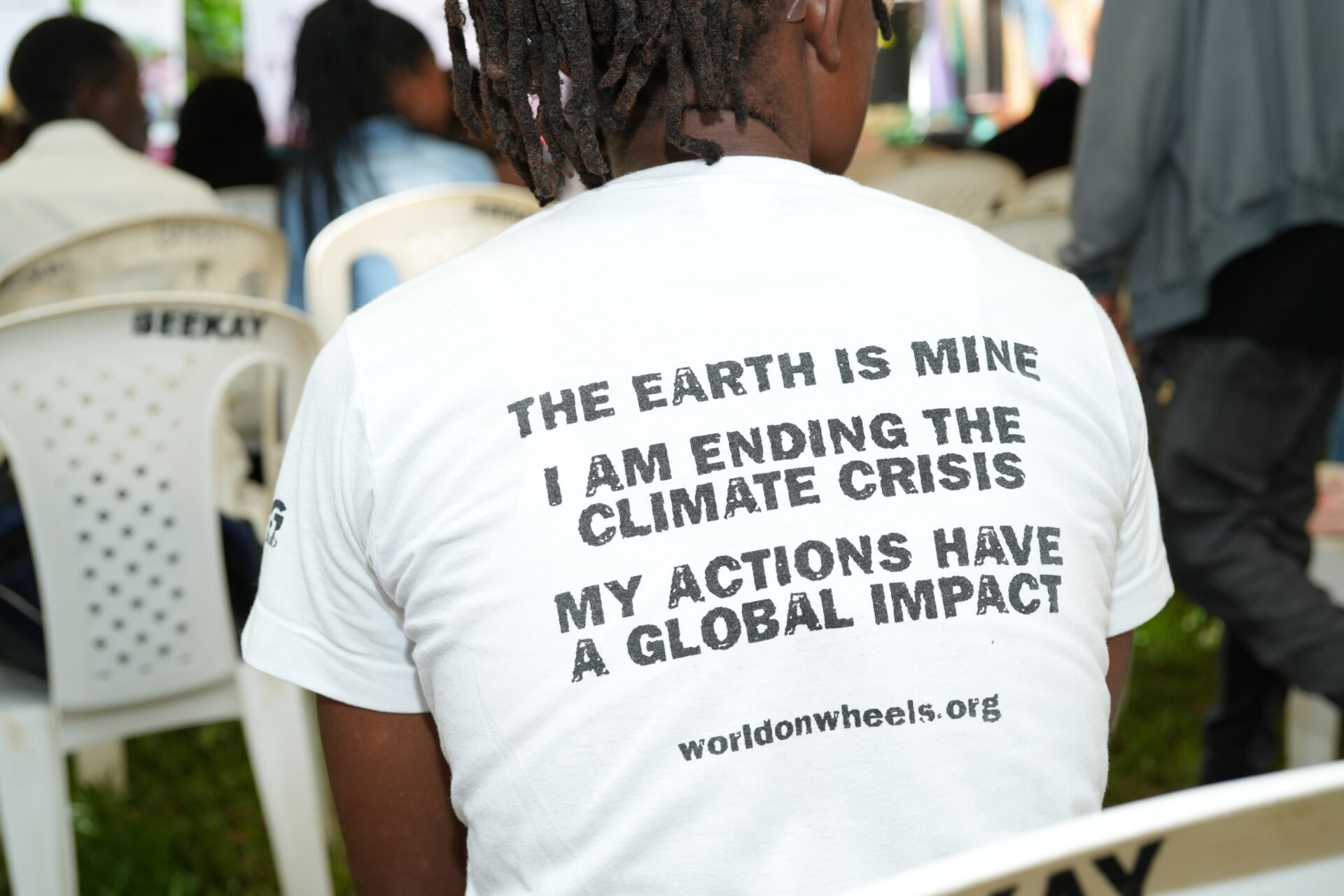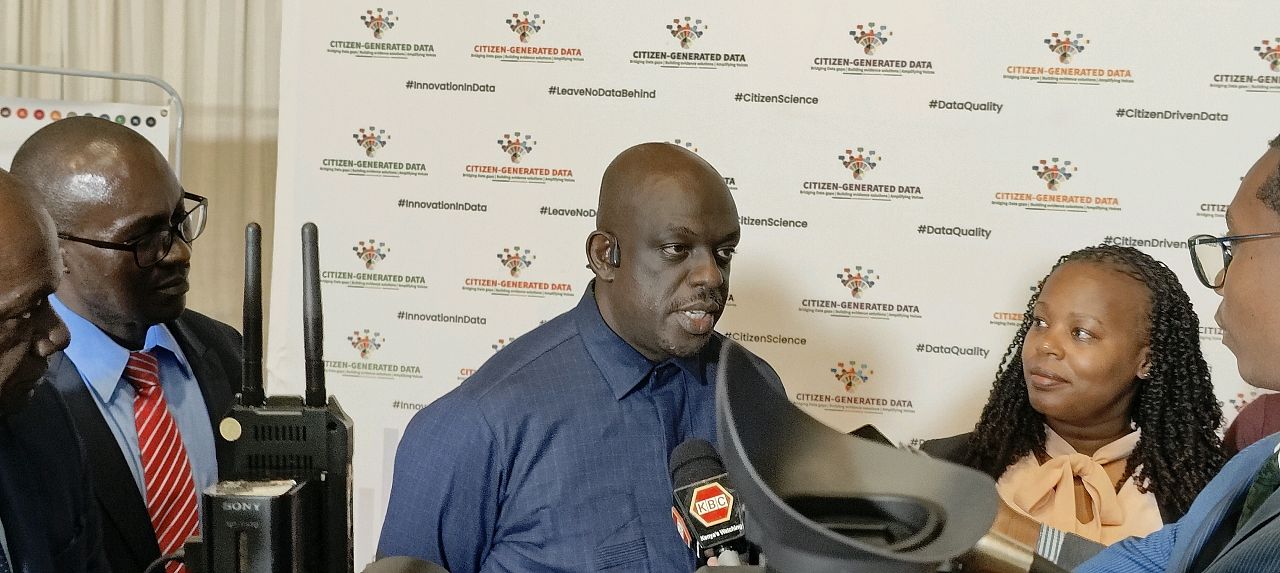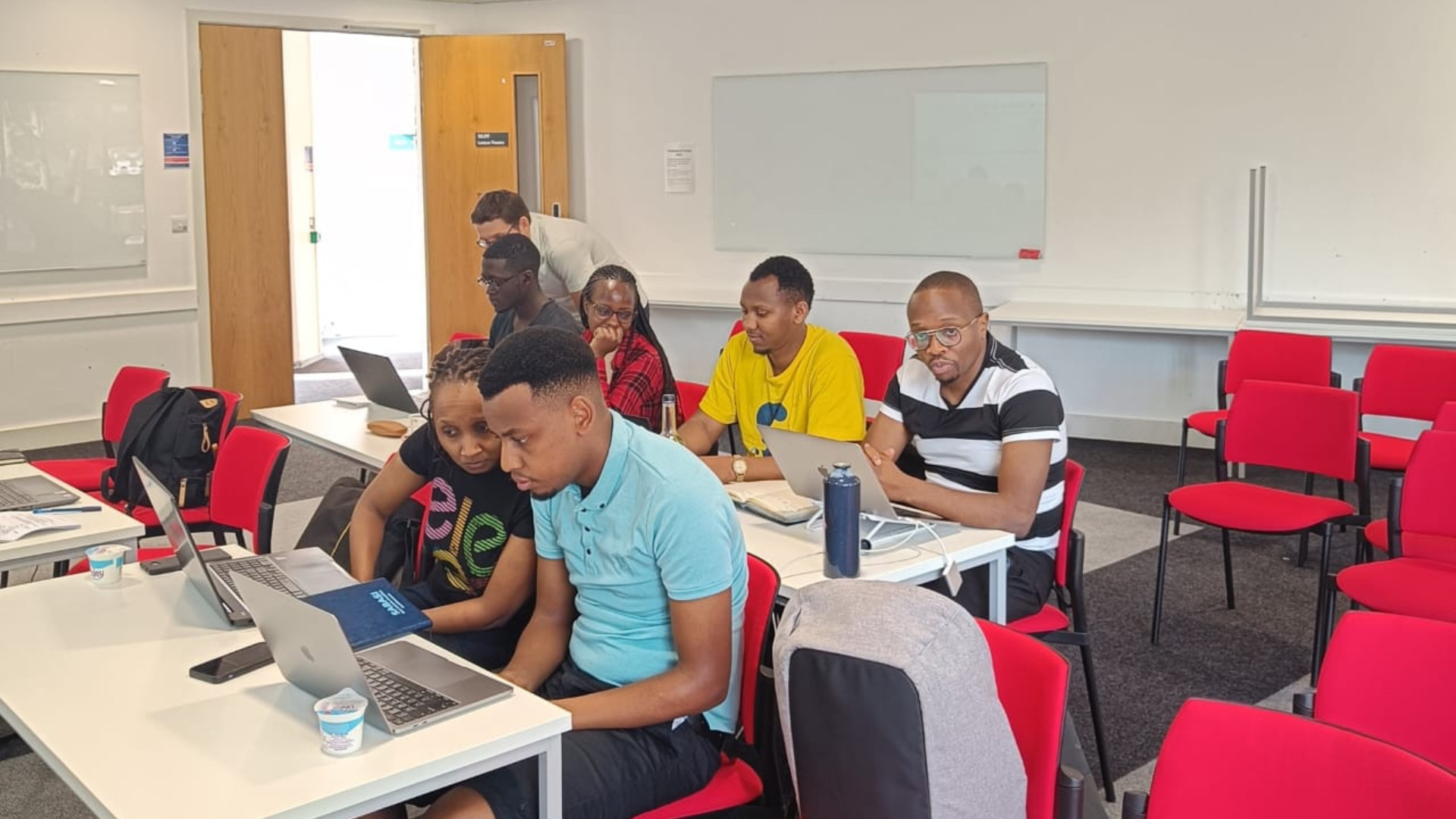When communities have data, then action is possible – where solutions can be implemented directly by the community themselves, by the county government and by other organisations that may want to assist in development. This was the general resolution in the meeting with community leaders of Dundori location.
The community meeting was convened by Chief Jane Wairimu and her assistants Frederick Mbiu and Stephen Kiragu. It brought together more than 300 community leaders for our team to present the analysed data that the Dundori community has collected from over 1500 households on various issues including health, education, energy, security, agriculture and water and sanitation.
This data was collected as part of the Global Goals for Local Impact programme that we have been implementing in 5 locations in Nakuru North sub-county. The programme built the capacity of the community to understand the Sustainable Development Goals (SDGs) and the value of data to the community. The community used this capacity to collect data from every household in the location as a means to formulating their priorities. In doing so, the community would be able to take on key solutions that they can handle themselves, better engage with the county and national governments to hold them accountable as well as other stakeholders.
The data from Dundori was very instructive to the community leaders, as they were able to make key observations on their priorities as a community. Some of the observations made include:
-
Sanitation: There is a specific challenge with sanitation in the community because it has grown extensively in the last few years but the town has not been well planned to accommodate the heavier trash burden caused by the population bulge. They also observed a sewerage challenge as wastewater from homesteads around the town stagnates in a dirty pool in the middle of town. There does not exist a drainage system in Dundori. This portends various challenges for the community – the most significant of which was the high incidences of Malaria (44%).

Another significant challenge that has contributed to high rates of waterborne diseases, is the home construction practices in the hilly location. Many of the residents had constructed their homes in such a way that the pit latrines (30ft deep) were constructed higher than wells in many homes, causing seepage of sewerage into drinking water underground – especially in rainy season.
The community resolved to take on an immediate solution to clean out the stagnant water as well as develop a long-term solution together with county officials – the public health officer and the county’s health department.
-
Energy: More than 47% of the community does not have electricity for energy and lighting. It was established that part of the challenge here was that the Kenya Power and Lighting Company have allocated resources to the community but they needed direction from the area MP. The community resolved to work together to engage the MP to unlock the process and implement the last mile electricity provision.

The community leaders also noted that with the higher cost of paraffin, which many of the homesteads depend on, there is an increase in demand for charcoal – which in turn places the nearby forest in jeopardy. The community leaders noted that this presented an opportunity for them to work with organisations that focus on energy to help the community to develop eco-friendly charcoal – both as a solution for the homes but also as an income generating opportunity for the community leaders.
The Dundori community leaders noted that by working together they would strengthen their engagement with the county government and other stakeholders as a means to achieving the SDGs in their location.
The process has been relatively successful and we have had many lessons in organising communities around data for SDGs. We have shared our lessons learnt and experiences on http://datalocal.info and we invite you not only to review them but also contribute to our learning and experiences.

